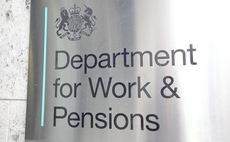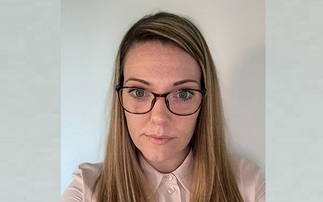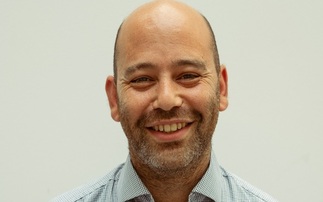Security professionals discuss importance of identifying data that needs top-priority protection
Businesses and their security teams should focus on protecting their ‘crown jewels' rather than the entire castle, according to a panel of leading security professionals. Dragan Pendic, former c...
To continue reading this article...
Join Computing
- Unlimited access to real-time news, analysis and opinion from the technology industry
- Receive important and breaking news in our daily newsletter
- Be the first to hear about our events and awards programmes
- Join live member only interviews with IT leaders at the ‘IT Lounge’; your chance to ask your burning tech questions and have them answered
- Access to the Computing Delta hub providing market intelligence and research
- Receive our members-only newsletter with exclusive opinion pieces from senior IT Leaders





















